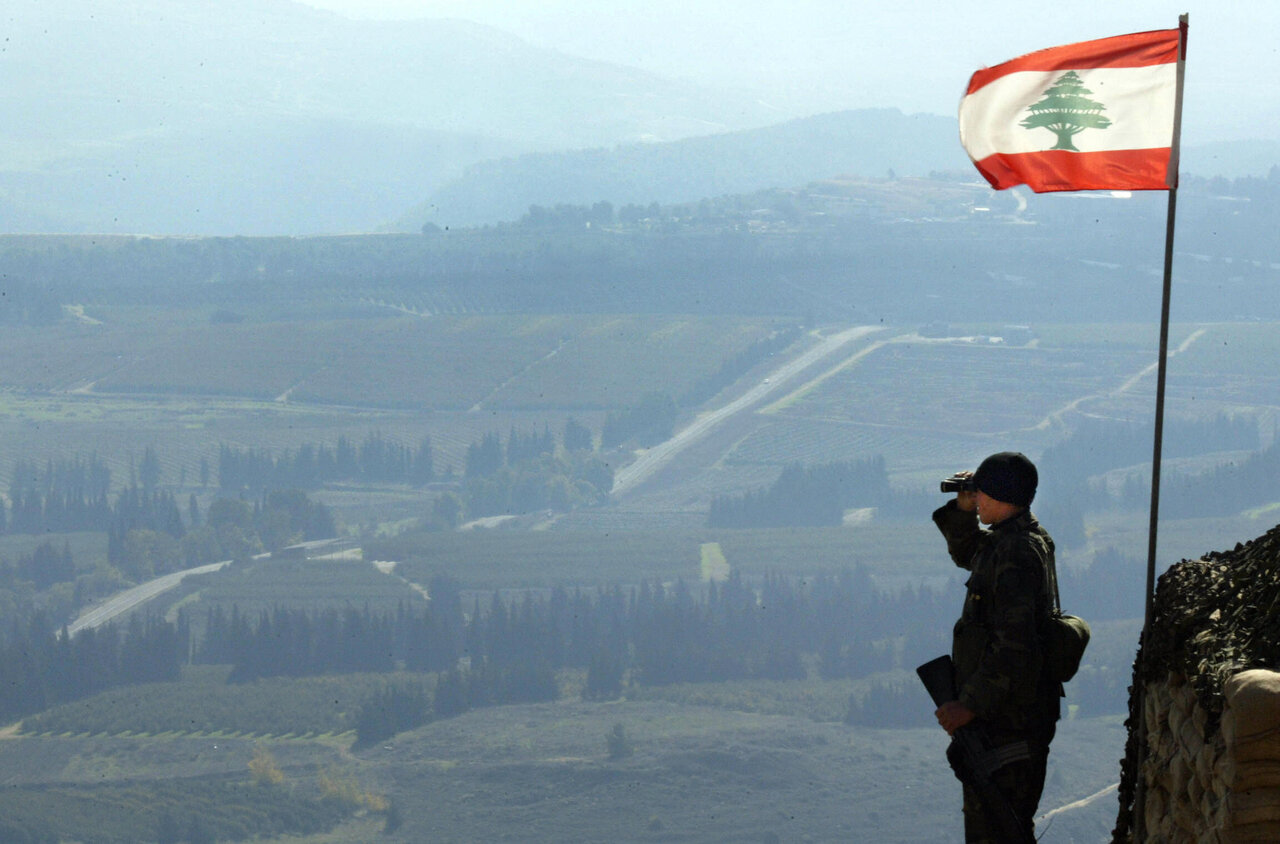
Similar Posts
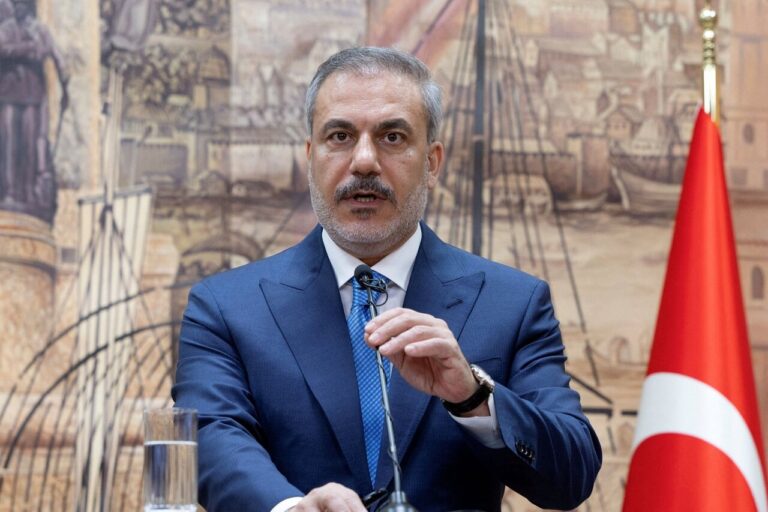
Turkey and Israel Engage in Strategic Discussions on Syria: A New Diplomatic Frontier
Turkish Foreign Minister Hakan Fidan stressed the need for a deconfliction mechanism with Israel amid military operations in Syria, highlighting regional tensions exacerbated by Israel’s actions in Gaza. In an interview, he emphasized the importance of technical communication to prevent conflicts between Turkish and Israeli military activities. However, he clarified that this does not signal a normalization of relations, as longstanding tensions persist. The call for structured dialogue reflects the complexities of military operations involving multiple nations, underscoring the necessity for cooperation to promote stability in the region, despite ongoing humanitarian crises and geopolitical challenges.
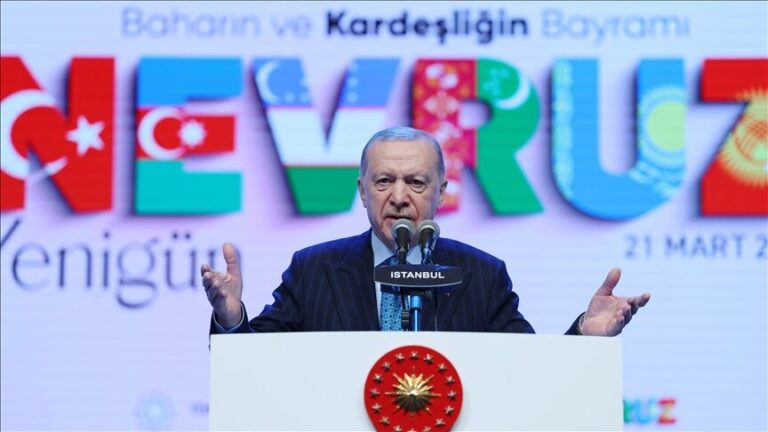
Turkey’s Erdogan Celebrates Nowruz: A Call for Unity and Renewal
As Nowruz approaches on March 21, President Erdogan emphasized its significance as a time for renewal and abundance in a heartfelt message shared on X. He extended warm wishes to communities celebrating this vibrant festival, which symbolizes spring, prosperity, and cultural unity. Nowruz, celebrated for over 3,000 years, includes family gatherings and traditions like the Haft-Seen table. It fosters social bonds and encourages philanthropy, reflecting the spirit of generosity. As communities prepare for Nowruz, they are reminded of the values of hope, connection, and new beginnings, inspiring everyone to embrace the festivities and look forward to a prosperous year ahead.
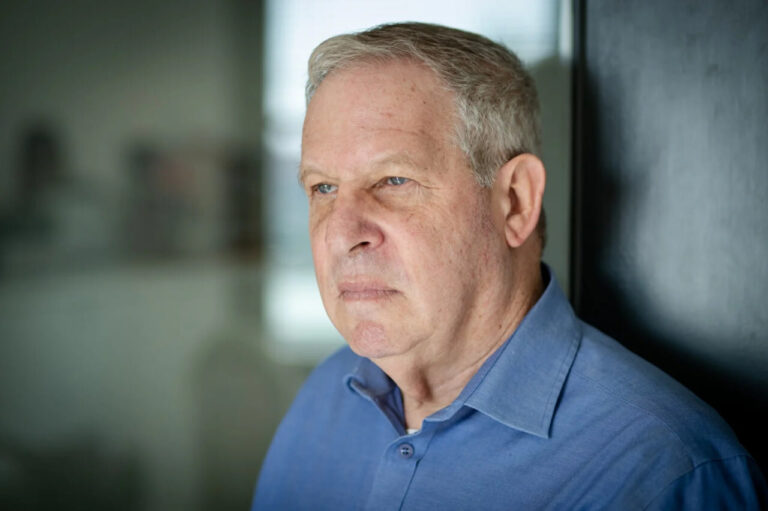
Shocking Revelation: Israeli General Exposes Controversy, Leaving Bibi Speechless!
Israeli Prime Minister Benjamin Netanyahu’s efforts to eliminate Hamas have encountered significant setbacks, prompting criticism of Israel’s military strategy. Former Israeli general Giora Eiland stated that Israel has failed to dismantle Hamas’ military power, overthrow its governance, and ensure resident safety, achieving only partial success in hostage situations. Despite extensive military operations resulting in the deaths of nearly 62,000 Palestinians, Hamas remains resilient. A recent ceasefire agreement has allowed for the exchange of hostages, but has also highlighted Hamas’ military capabilities. As criticism mounts, Netanyahu threatens to resume military operations, raising questions about the future of the conflict.
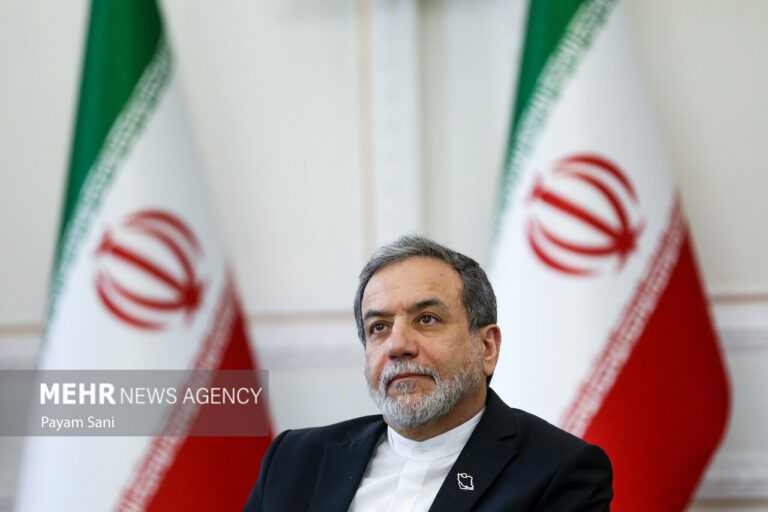
Iran’s Foreign Minister Araghchi: Conflicting Signals from the U.S. Spark Diplomatic Tensions
Ongoing negotiations between Iran and the United States have drawn significant attention, with Iranian officials stressing the importance of clarity and consistency in communication. Deputy Foreign Minister Abbas Araghchi noted that Iran is receiving mixed signals from the US but remains committed to negotiations, emphasizing that their positions have not changed. The next round of indirect talks will be held in Rome, with Oman acting as the mediator. Iran seeks to address various concerns, including nuclear agreements, and is pushing for mutual consistency in negotiation stances. The outcomes of these discussions could reshape geopolitical dynamics in the Middle East.
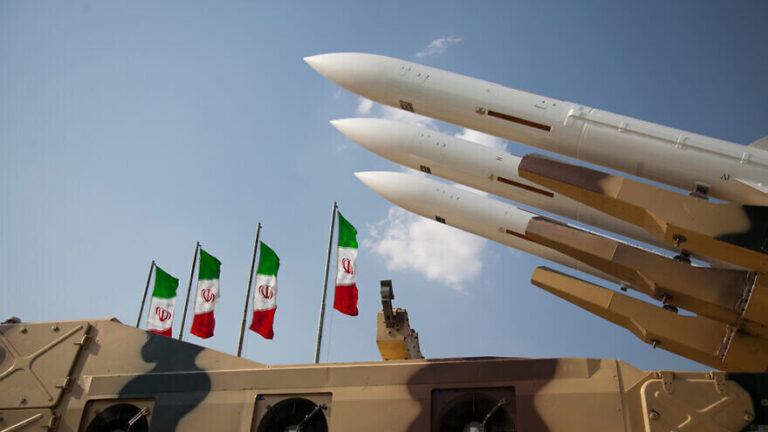
Iran Stands Firm: No Negotiations on Defense and Military Power
Iranian diplomat Baghaei recently addressed rumors of negotiations with Europe regarding Iran’s missile program, asserting Iran’s firm stance against compromising its defense capabilities. During a press briefing, he emphasized that Iran will not engage in discussions about its military readiness, reflecting the nation’s commitment to sovereignty. Baghaei also warned that if the snapback mechanism is activated, Iran would reconsider its agreements. His remarks highlight the complexities of international diplomacy surrounding Iran’s missile program, which is viewed as vital for national security. As tensions rise, Iran’s resolute defense strategy will likely influence future diplomatic relations in the region.
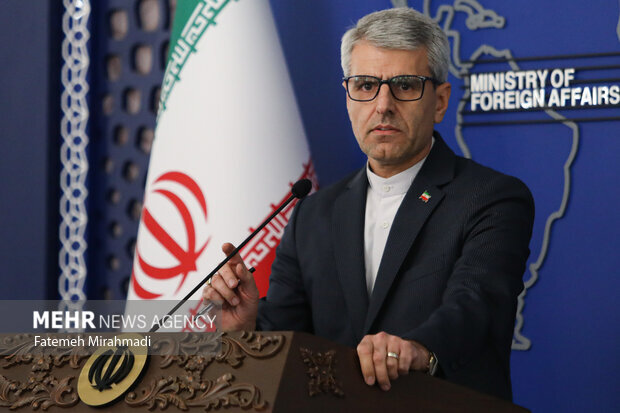
Iran Responds Strongly to Trump’s Bombing Threats: Tensions Escalate
Tensions between the US and Iran have escalated following former President Trump’s aggressive threats of military action and renewed sanctions against Iran, which Iranian Foreign Ministry Spokesman Esmaeil Baghaei condemned as violations of the UN Charter. Despite this, Iranian President Masoud Pezeshkian stated Iran remains open to indirect negotiations but rejects direct talks, citing US violations of agreements as a barrier to trust. The situation reflects a critical juncture, with the US relying on intimidation rather than diplomacy, raising concerns about regional stability. Both nations face a choice between escalating conflict or pursuing a path of dialogue and mutual respect.